alyaza [they/she]
internet gryphon. admin of Beehaw, mostly publicly interacting with people. nonbinary. they/she
- 262 Posts
- 183 Comments

 19·7 days ago
19·7 days agoyes; as far as i’m aware there has never been a mass-death event like this in the contemporary history of the Hajj, although it’s always been arduous and more potentially deadly when it falls during the summer

 25·15 days ago
25·15 days agoyou may take the United Fruit Company’s name, but you can’t take its legacy of financing terrorism and violence in Latin America…

 7·1 month ago
7·1 month agoin this case: no, they’re just Filipino, and it seems to just be a contraction of Jupiter or something similarly banal. i think it would be prudent in the future to do a bit of double checking before we start accusing people of Nazis; you can easily check your assumption by just visiting their mastodon page, linked in the description of their kbin account.

 14·2 months ago
14·2 months agothis is actually quite cute, i think.

 17·3 months ago
17·3 months agoalso in Israel news today is this–the probable shutting down of Al Jazeera’s operations there. Netanyahu says he’ll act swiftly to request the outlet be banned under this new law

 12·3 months ago
12·3 months agothe strategy here appears to be that Israel is trying to bait Hezbollah into attacking them, which is a very sane strategy and not at all completely psychotic
I don’t follow the development super closely so I don’t know if those issues were resolved or not. I just remember a lot of discussion on it when I was first on Lemmy on a different instance.
not that i’m aware of, and fixing a database schema once it’s already in place tends to be a clusterfuck so i’m very skeptical it will get better any time soon

 13·4 months ago
13·4 months agoWith approximately 600 members, Activision Quality Assurance United-CWA is the largest group of union-represented workers at any U.S. game studio. Workers in the new unit are located in California, Texas, and Minnesota. Over 1,000 video game workers at Microsoft now have union representation with CWA.
this is very cool, and hopefully more workers leverage the Microsoft neutrality agreement.

 2·4 months ago
2·4 months agoHamas lied about 500 dying in al Ahli hospital blast and blaming the IDF. They didn’t even try to offer evidence.
even granting this, this seems like the obvious exception to the rule. as the commenter you’re replying to noted, the UN and WHO have generally supported (with a handful of discrepancies that are unsurprising given the circumstances) the Gaza Health Ministry’s death tolls. Israel’s counts have also not historically diverged strongly from the ones the Gaza Health Ministry gives. take the 2014 war where the Gaza Health Ministry said 2,310 killed, the UN HRC said 2,251 killed, and Israel said 2,125 killed. that’s only a 10% difference which, if we’re being honest, is not really much of one in the context of an armed conflict.
mostly, where the Ministry and Israel meaningfully differ is in who they consider civilians and on what bases–the Ministry claimed about 70% civilians killed in 2014, but Israel claimed 36%. and that’s a much harder question to parse out than whether or not the Gaza Health Ministry is lying about casualty numbers–which by all accounts we have it does not seem to be.

 15·4 months ago
15·4 months agoThe right choices are generally more expensive (in terms of up-front costs, even if they’re less expensive in the long run) and/or require more time investment, both of which are lacking for the poor.
or just the non-technologically savvy. a lot of the issue here is a technological hurdle, fundamentally—it takes a certain level of technological knowledge for someone to, say, pirate ebooks versus just buying them legitimately and that’s a big point of friction for people in making the “right choice”. we have to keep in mind that for a lot of internet-using people nowadays, knowing the ins-and-outs of Facebook or how to download a browser add-on is probably a legitimate technical skill and on the upper bounds of what they’d know navigating spaces like this. and we don’t make it easy necessarily for people to acquire and advance the technological knowledge we’re talking about here either.

 5·4 months ago
5·4 months agoA schizophrenic person in one culture may be a cleric in another.
yeah there are some zany established differences in the manifestation of schizophrenia between cultures and how it’s treated—religious visions, interestingly, tend to be a rather Christian manifestation of schizophrenia and apparently are not so common even in other Abrahamic-dominated countries

 3·4 months ago
3·4 months agoHow could less leaves lead to less carbon sequestration? I would love to read more about methods to maximize this.
my understanding–which is admittedly limited–is it’s a complicated issue but that the two biggest variables for the purposes of conversation are health of the things that you plant and what kinds of things you plant (since not all are made equal for carbon sequestration). the second point is mostly a function of location obviously, but on the first point this article seems to cover a lot of the basic principles (even though it’s about forestry and not exactly what Medellin is doing)—in short a well managed greenery project can probably sequester more carbon than one left to its own devices, because you can effectively “speed up” natural processes of sequestration and (in the very long term) turn over the carbon more easily when the plants start losing their capture efficacy. (and obviously, healthy plants with proper maintenance would be in a better position to thrive and sequester carbon than improperly tended to plants)

 4·4 months ago
4·4 months agoSeems like overgrown green corridors would sequester even more carbon and clean even more air, no?
overgrowth probably has the chance to damage adjacent infrastructure and create pockets of public safety issues. also if these are anything like the usual tree-planting projects, not maintaining them properly likely leads to less carbon sequestration

 15·4 months ago
15·4 months agoif the social prescription to harassment of moderators is “quit because you’re a baby” then you’re going to have many fewer pleasant spaces on the Fediverse in which to exist—because yeah, a lot of people will just quit. i am agnostic on the public modlog overall, but this is an obvious concern with it that i’m not convinced can just be dismissed idly. i obviously have better things to do than a thankless, payless job in which harassment would be dismissed like that.

 12·4 months ago
12·4 months agothe ultimate consequence of this approach:
The project’s wider impacts are like a breath of fresh air. Medellín’s temperatures fell by 2°C in the first three years of the program, and officials expect a further decrease of 4 to 5C over the next few decades, even taking into account climate change. In turn, City Hall says this will minimize the need for energy-intensive air conditioning.
pretty significant; this would make a huge difference in a lot of cities if replicated with care
chill out

 11·4 months ago
11·4 months agoi think this thread is already trending in a poor in terms of actually, productively discussing this pretty serious event—and, speaking in a moderator capacity, i would also strongly prefer a direct journalistic source on that event to a second-hand source like this youtube video. so, fair warning to all participants: if this thread continues to go poorly i’ll likely remove it and start a fresh thread myself.

 5·4 months ago
5·4 months agotoday is apparently just a bloodbath day in gaming generally. Deck Nine is also laying 20% of its staff off, and esports company ESL Faceit Group is laying off 15%

 19·4 months ago
19·4 months agotechnofetishism–if there’s anything local politicians love it’s sounding hip and getting Cool Headlines over boring but practical technology that actually works
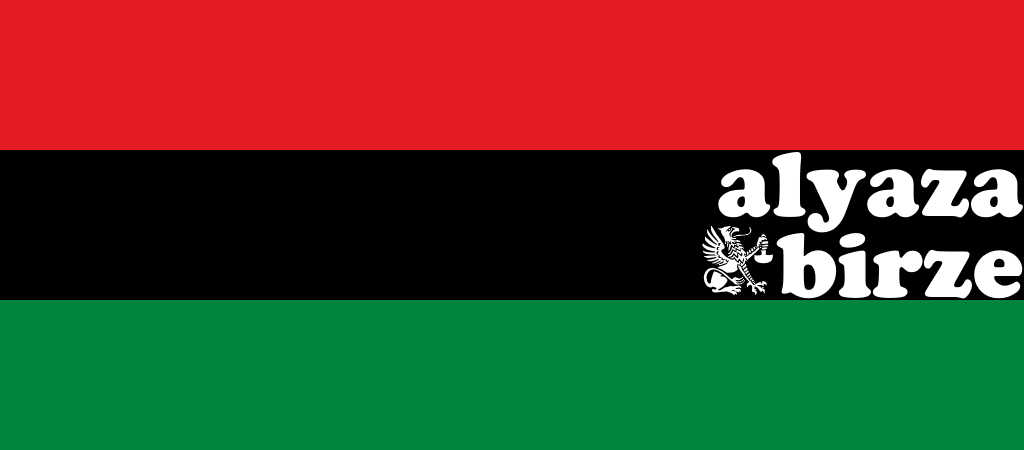
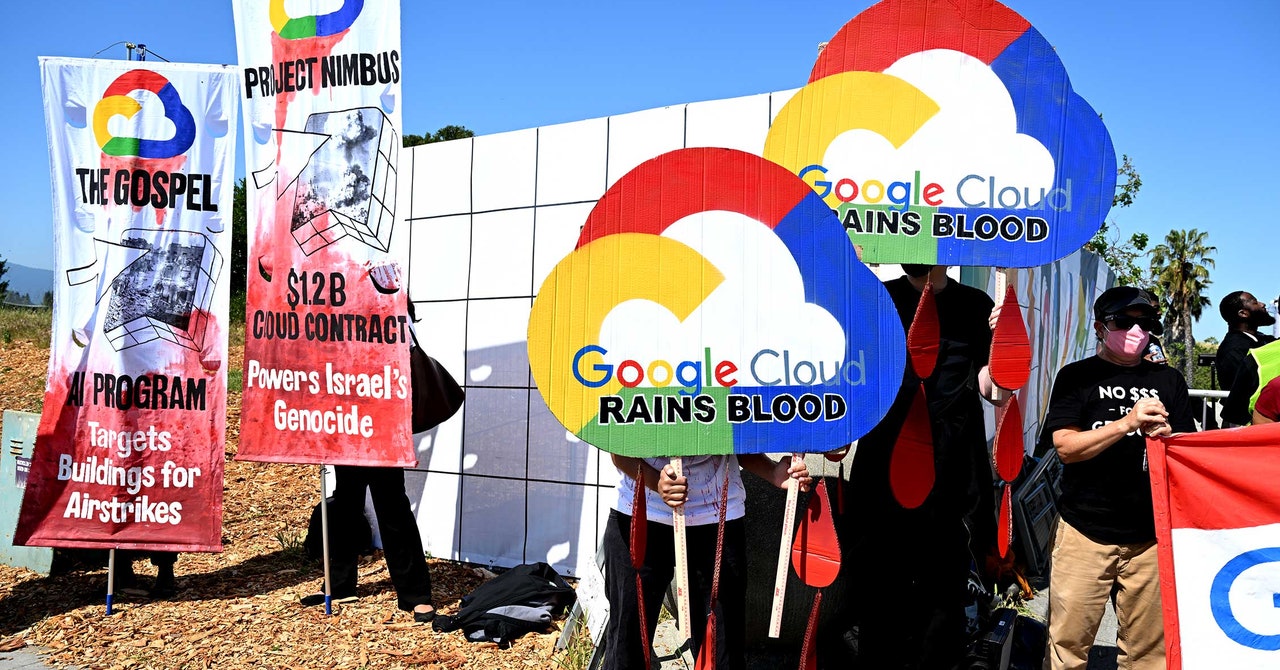
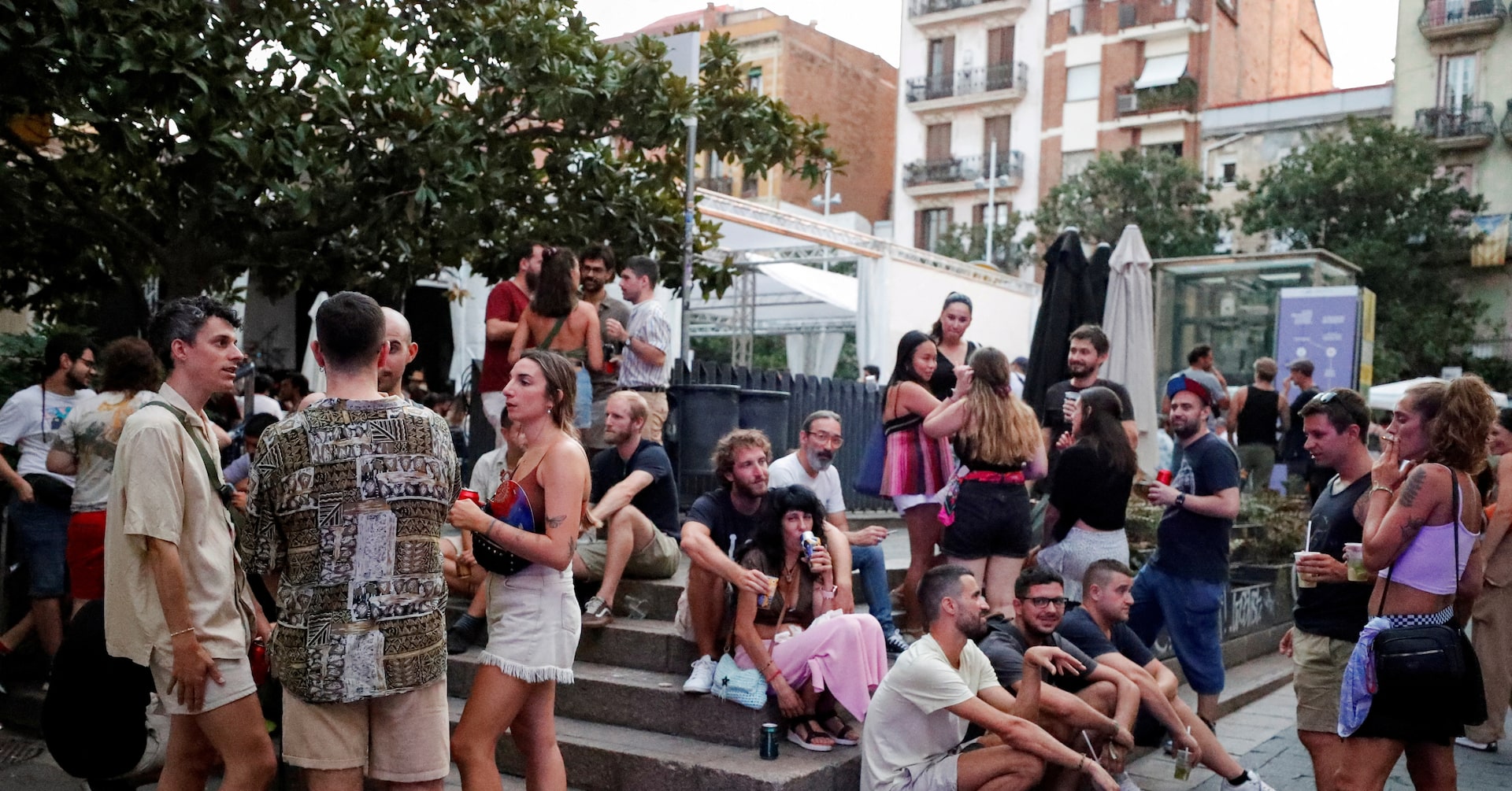

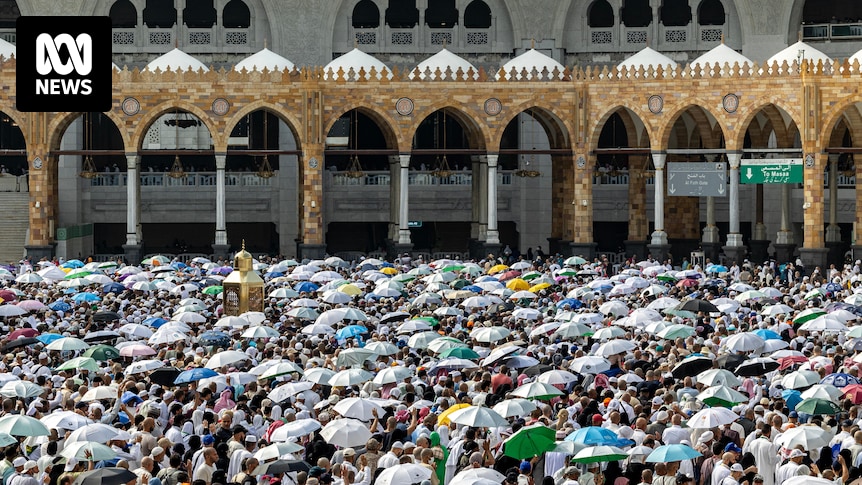
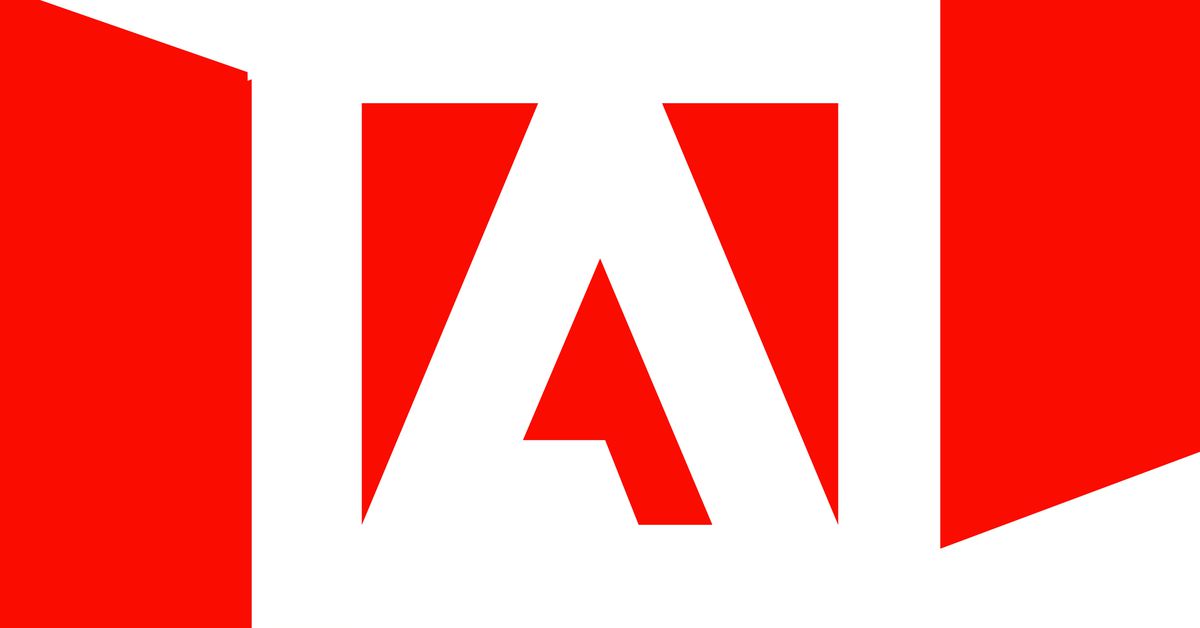

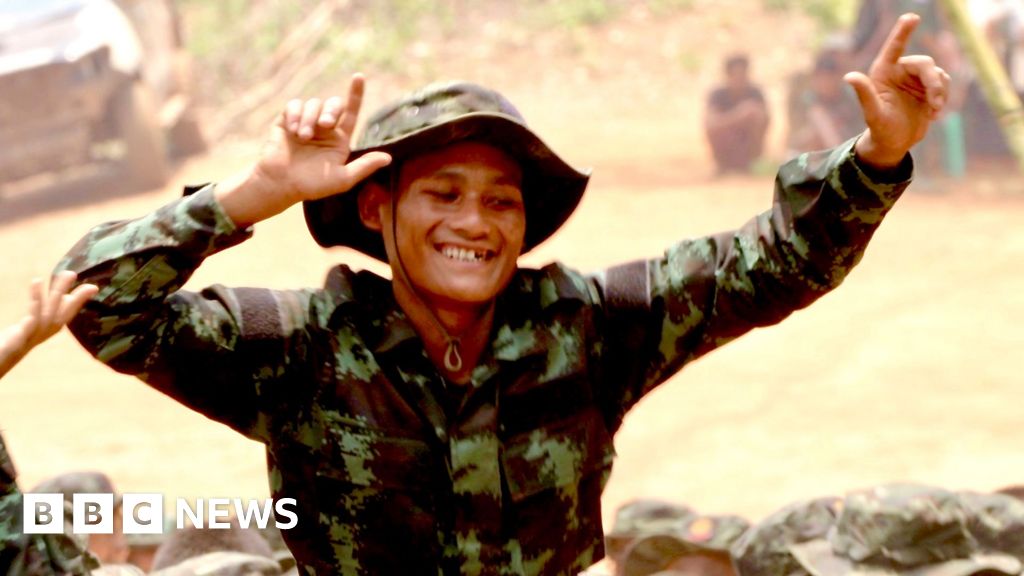

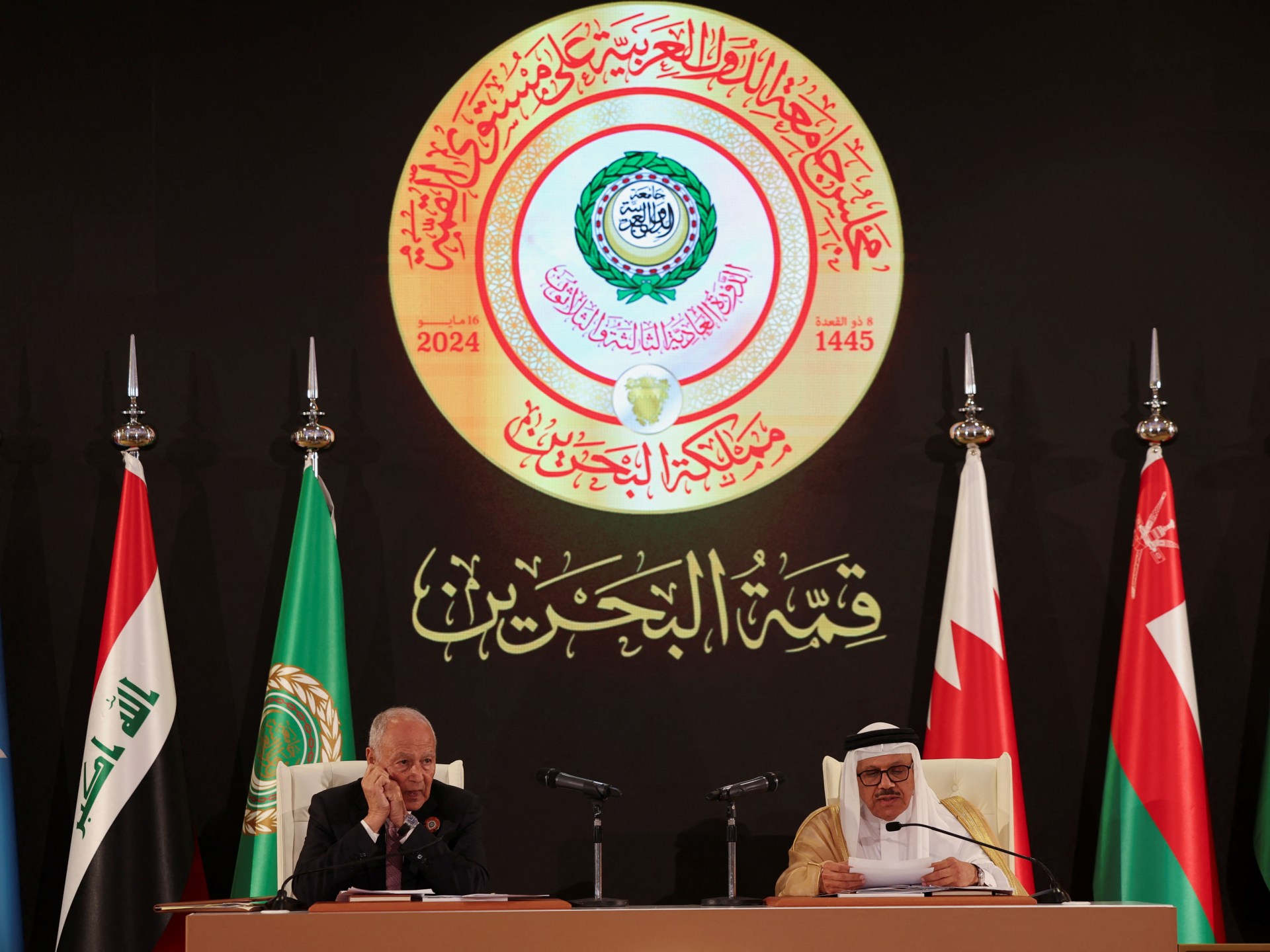

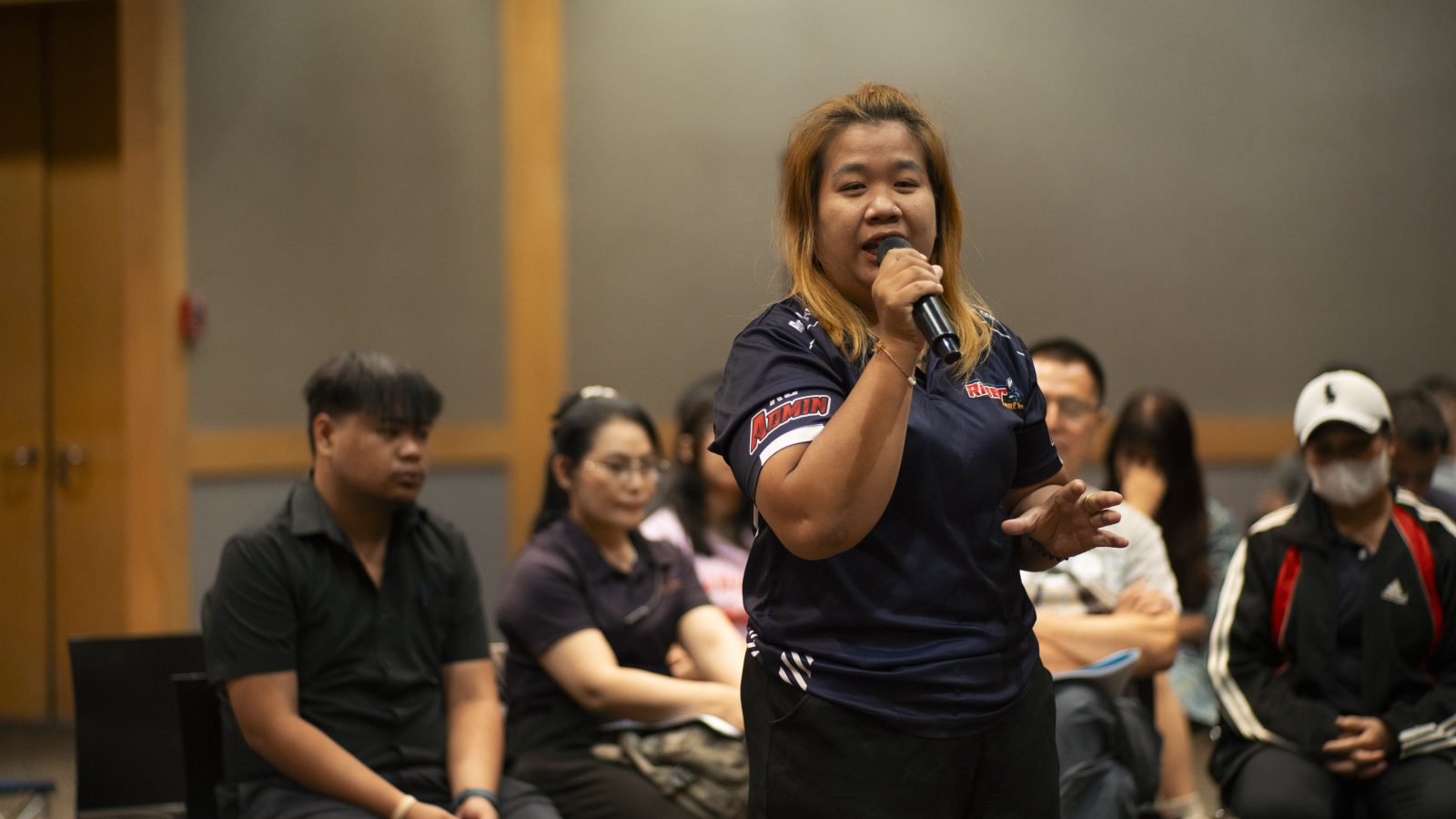





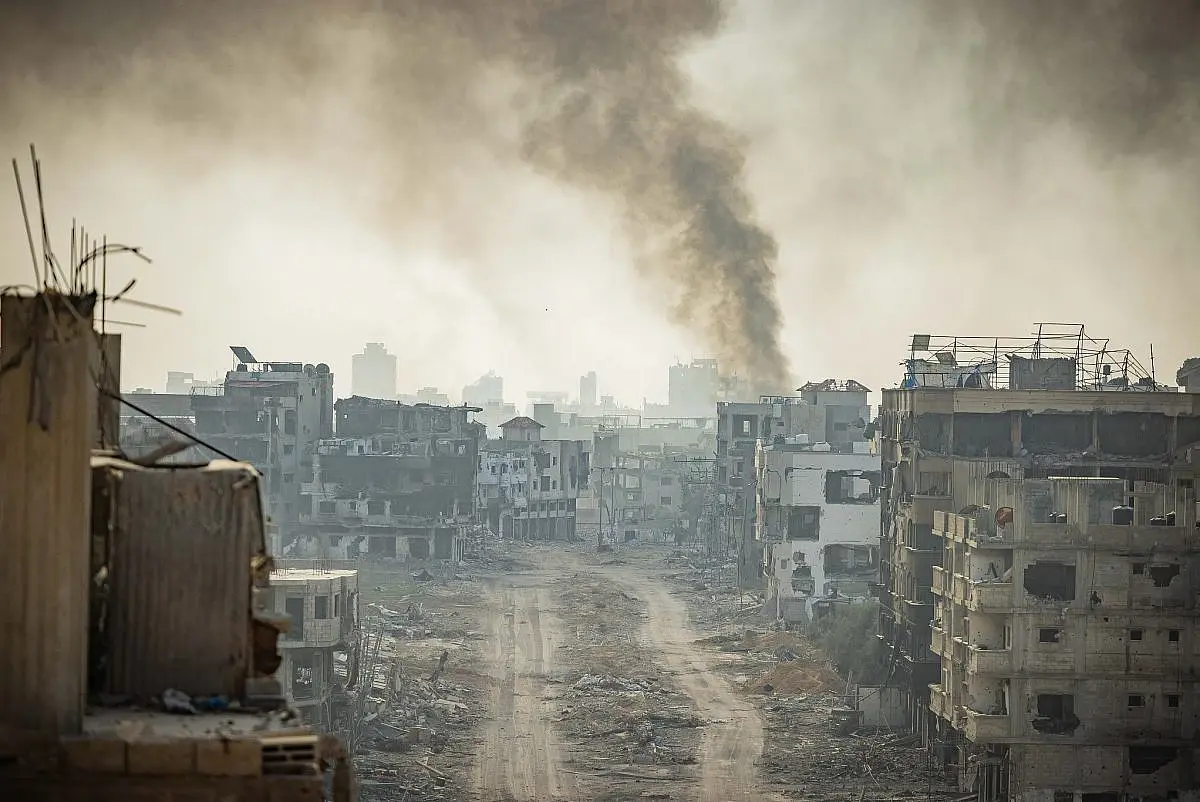
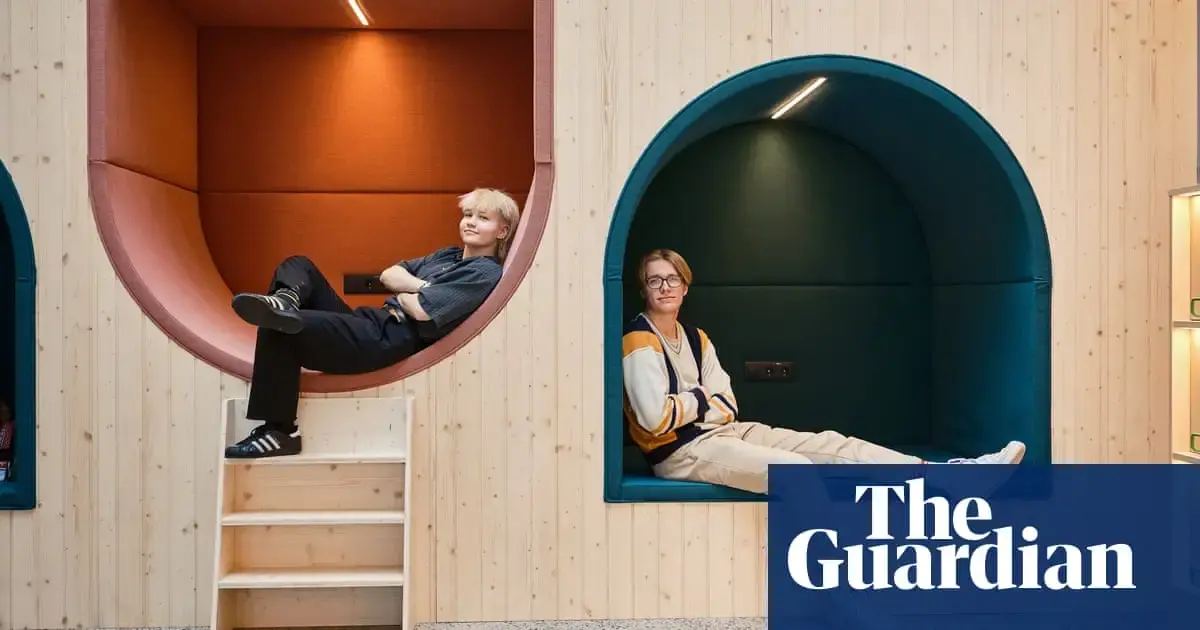

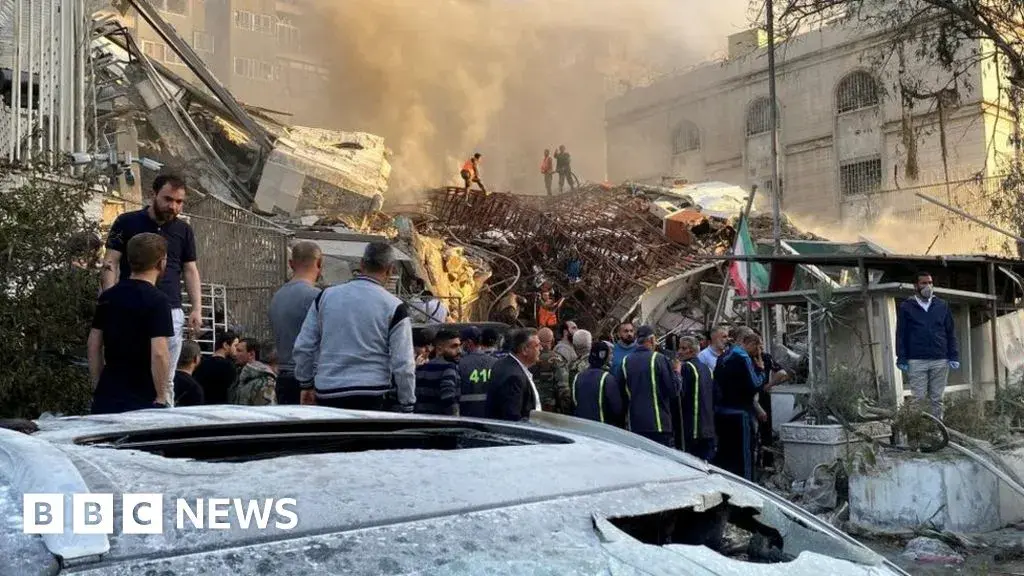

we’re obviously, contextually talking about deaths from heat, not from all the other stuff that happens on Hajj. don’t do this “you cannot be serious” routine when you simultaneously don’t even engage with the context of the question